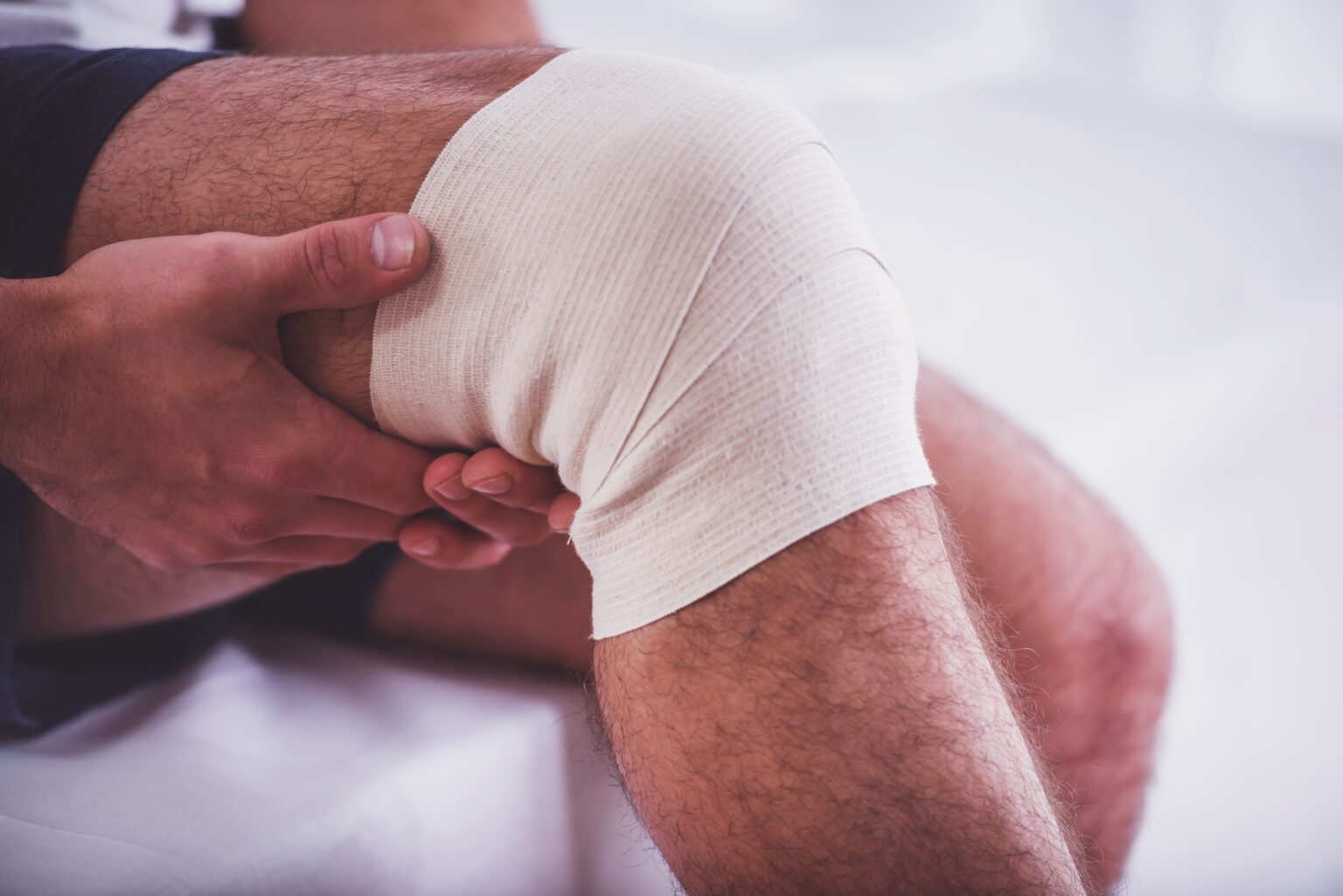SCHEDULE AN APPOINTMENT WITH US
Are Your Symptoms Affecting Your Quality Of Life?
Consult our MOH-accredited orthopaedic specialist for a detailed consultation & personalised treatment plan today.

A knee fracture occurs when one of the bones in the knee joint breaks, most commonly the patella (kneecap). However, the thigh bone (femur) or shinbone (tibia) can also be affected.
Knee fractures are often caused by high-impact events like falls or car accidents. These fractures can affect joint stability, especially if the fracture is displaced, leading to difficulty walking and performing daily activities.
Knee fractures are usually caused by trauma to the knee. Common causes include:
The symptoms of a knee fracture can vary based on the severity of the break. Common signs include:
Non-surgical treatments can help manage pain and support healing after a knee fracture. Common options include:
Surgery is considered for severe knee fractures, misaligned bone, or when non-surgical treatments are insufficient. Common surgical procedures include:
This is the most common procedure for severe knee fractures. It involves realigning the fractured bone and securing it in place using plates, screws, or rods, ensuring the bone heals in the correct position.
In some cases, minimally invasive techniques are used during ORIF to reduce incision size, resulting in faster recovery and less postoperative pain compared to traditional open surgery.
These procedures are performed for severe kneecap fractures that cannot be repaired, where either part or all of the patella may be surgically removed. While these surgeries can help relieve pain, they may also lead to reduced knee stability and function.
To lower the risk of knee fractures, maintain a healthy weight, follow a balanced diet rich in calcium and vitamin D, and engage in regular exercise to improve bone health. Weight-bearing exercises, such as walking and strength training, strengthen and stabilise the knee. Regular check-ups are recommended, particularly for individuals with a history of knee issues or osteoporosis, as early detection of bone weakness can help prevent fractures.
SCHEDULE AN APPOINTMENT WITH US
Consult our MOH-accredited orthopaedic specialist for a detailed consultation & personalised treatment plan today.
Monday – Friday: 9.00am – 6.00 pm
Saturday: 9.00am – 1.00pm
Sunday & PH: CLOSED
Monday – Friday: 9.00am – 6.00 pm
Saturday: 9.00am – 1.00pm
Sunday & PH: CLOSED
Get Started
Yes, many knee fractures, especially non-displaced ones, can heal with non-surgical treatments such as immobilisation and physical therapy. However, if the fracture is severe or displaced, surgery may be required for proper alignment and healing.
It usually takes 6 to 12 weeks for the bone to heal, but patients undergoing surgery or those with more complex fractures may require a longer recovery time.
Yes, depending on the severity and location of the fracture, knee fractures can lead to long-term complications such as arthritis, joint stiffness, or chronic pain, especially if the fracture reaches the joint. It is recommended that you see a doctor to prevent further knee damage.